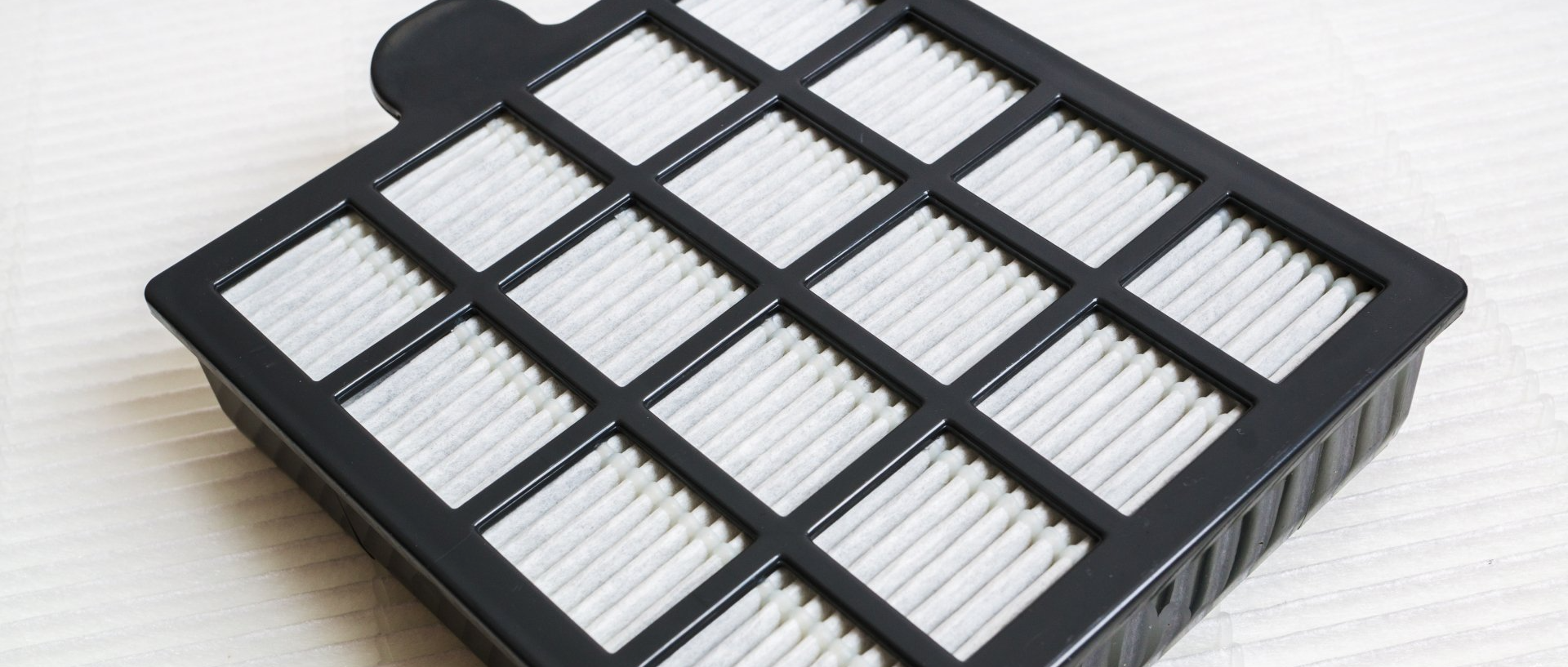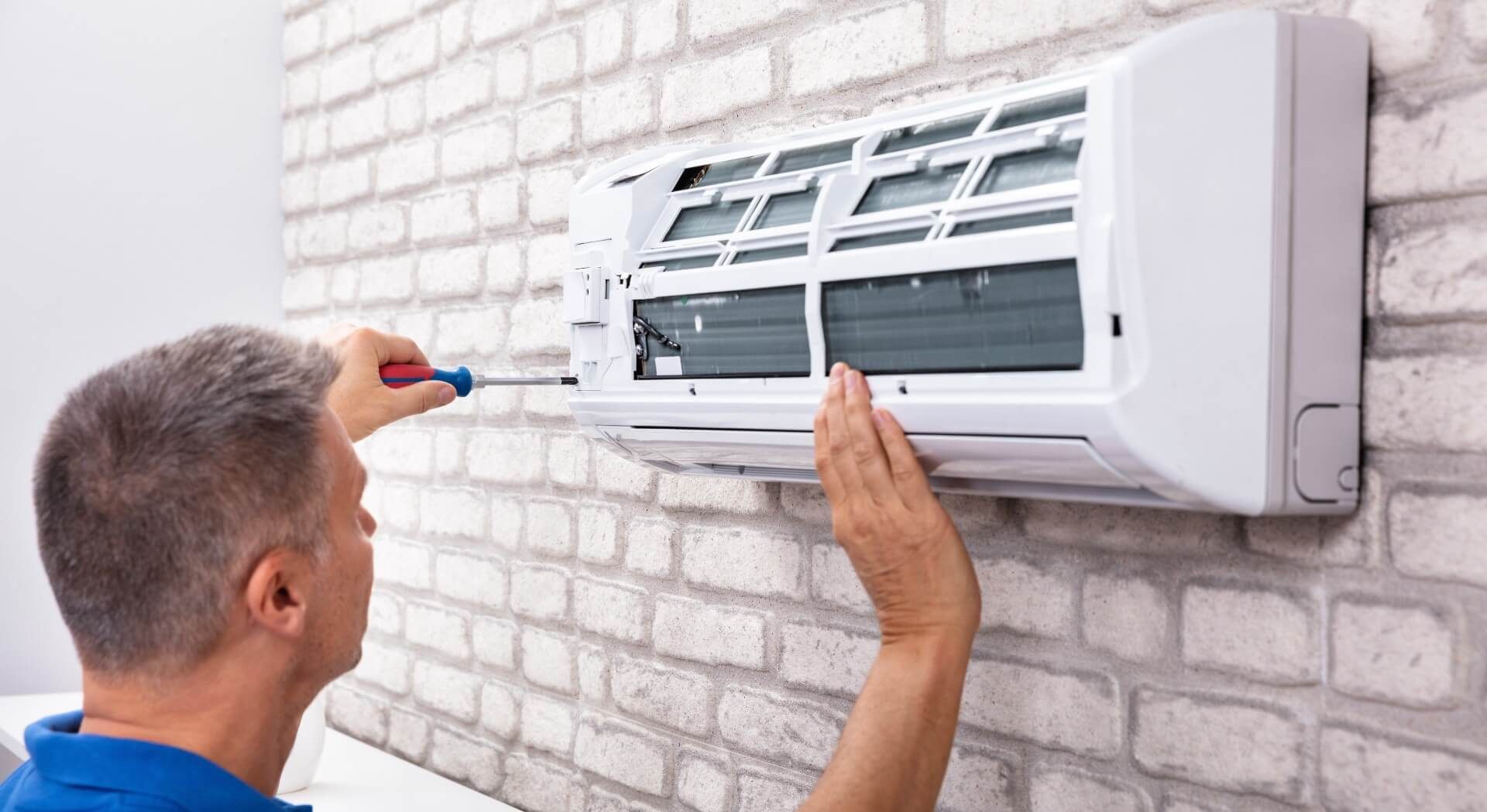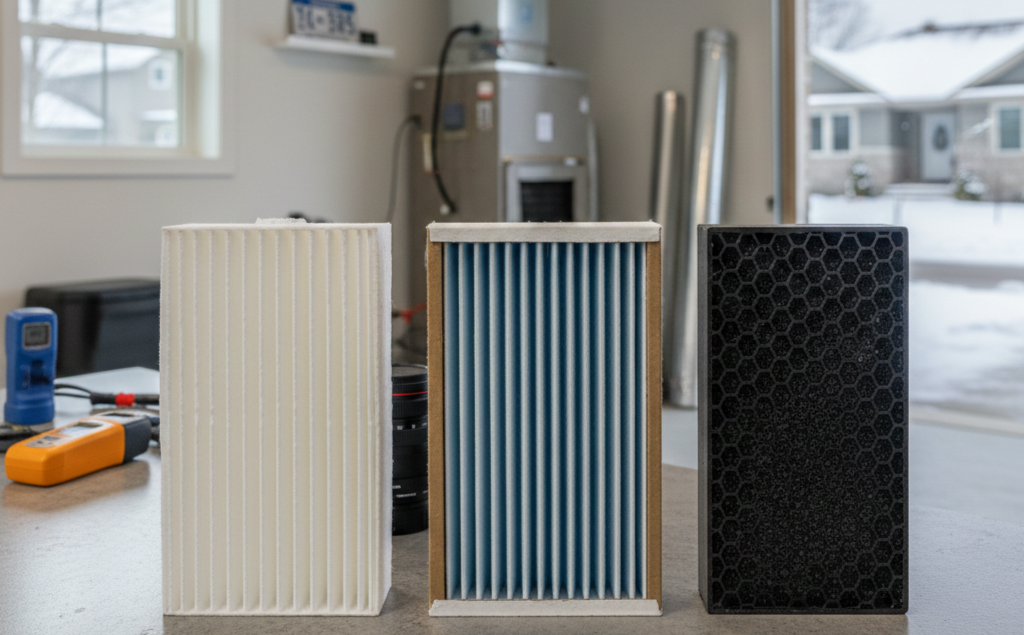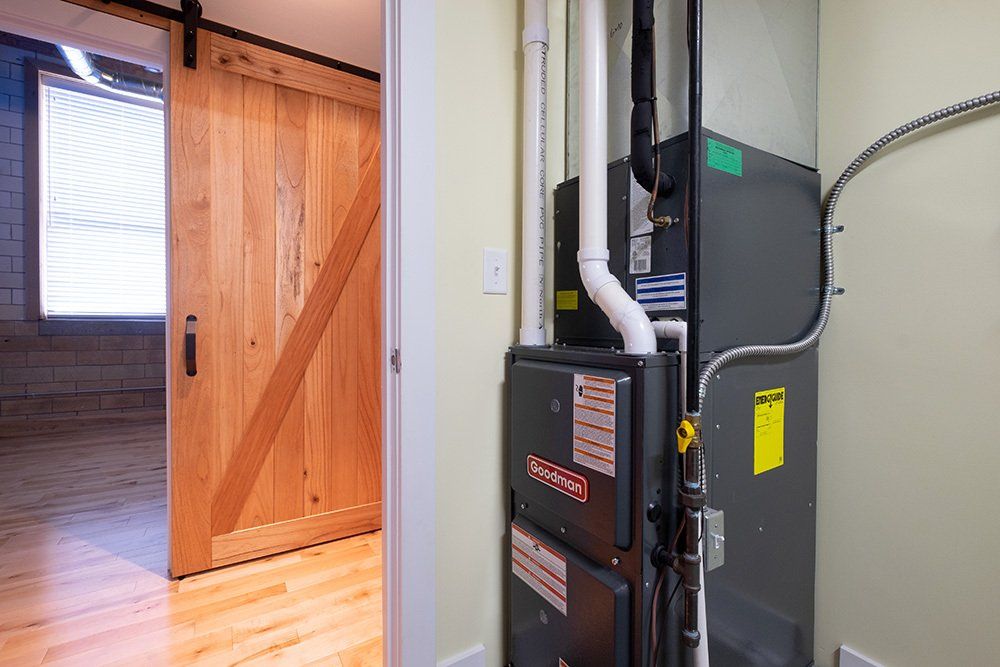HEPA Filter: Why it is important?
August 29, 2021
You've probably heard of HEPA filters, but what's the benefit?

HEPA filters are not just for the home. They're also necessary for many industrial settings, such as manufacturing plants and construction sites. In fact, they are one of the most cost-effective means of reducing employee exposure to particulate matter on the job. But what's really so important about them? Read on!
What is a HEPA Filter?
A HEPA filter is an air filter that helps reduce airborne allergens and contaminants from the air in your house. They work by trapping small particles like dust, hair, mold, pet dander, and pollen in the air before they can be released into your breathing space. HEPA stands for High-Efficiency Particulate Air.
How Do HEPA Filters Work?
There are two types of filters: pre-filters and post-filters.
Pre-filters trap larger particles before they can reach the actual filter (HEPA).
Post-filter traps smaller particles that may have managed to penetrate both layers of defense.
Why is this important? Well, because different sizes of dust will get stuck in a HEPA filter at different rates depending on particle size! A typical pre-filter might only be able to hold about 20% as many tiny particles as it could catch if it were a post-filter instead; so without such an extra layer between you and the air outside, those small particles would be right there in your breathing space.
What makes a HEPA filter so important?
There are many reasons that make them essential to have, but here are the three most important ones:
-It reduces or removes particulate matter from the air. Particulates can lead to problems like allergies, asthma, and scarring lung conditions such as COPD.
-Provides relief from itching, congestion, sneezing in colds, and other upper respiratory tract infections by trapping allergens that irritate your nose and throat before they reach you.
-HEPA filters will also remove microscopic particles that could cause cancer as they accumulate in your lungs over time; this includes cigarette smoke, pet dander, bacteria, viruses, and more!
If you're installing a HEPA filter in your own home, here are some tips for the best installation:
-Most filters
come with an instruction booklet to show you how to install them. If there's no booklet, look for instructions online.
-Check out YouTube videos of people installing filters for more information.
-Ask the store that sells the filter if they can help you put it in or give you advice on installation; many times, these stores will have different types of filters available so they can match you up with one that suits your needs best!
Genius tip: HEPA filters need to be replaced at least every three months. If they are not, then the filter will not filter all the particles out of the air. This is especially important for people with allergies and asthma who are more sensitive to particles in the air than other people. Make sure you change them right on schedule!







